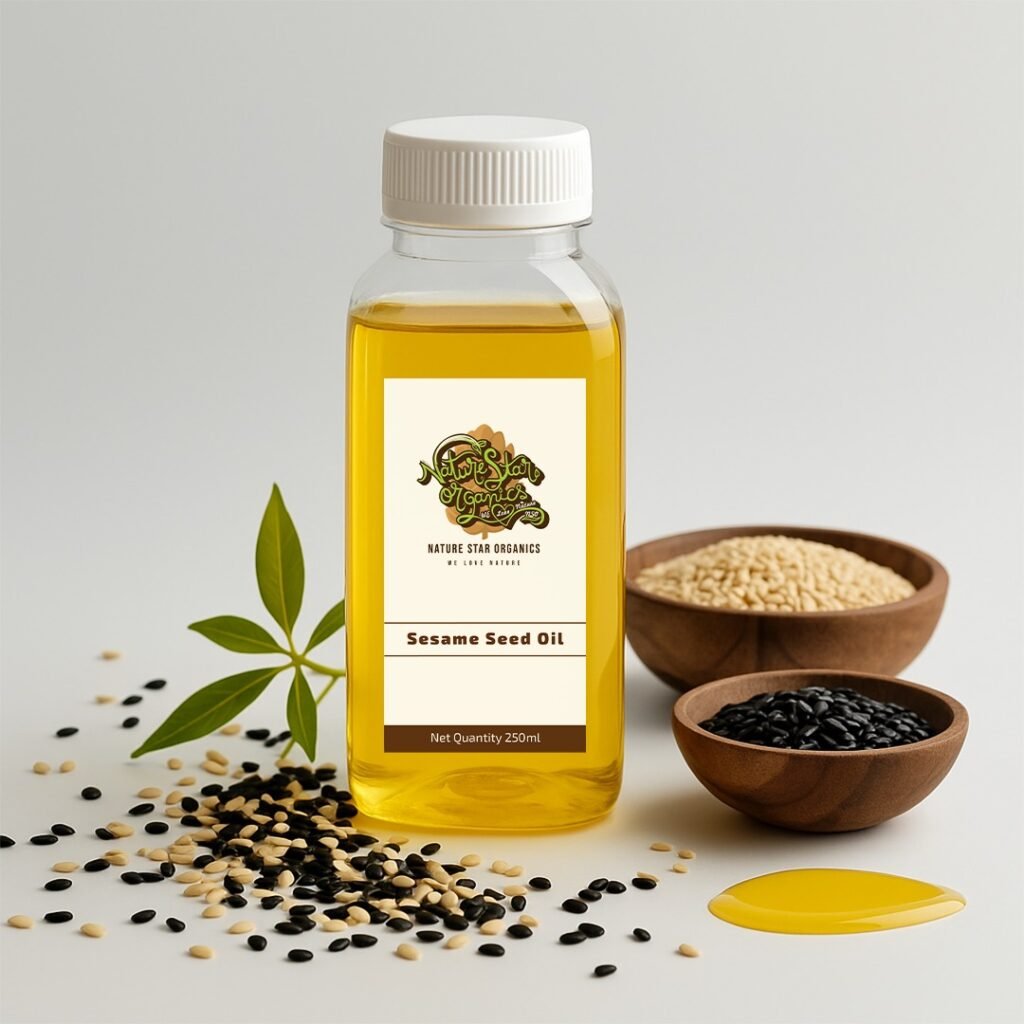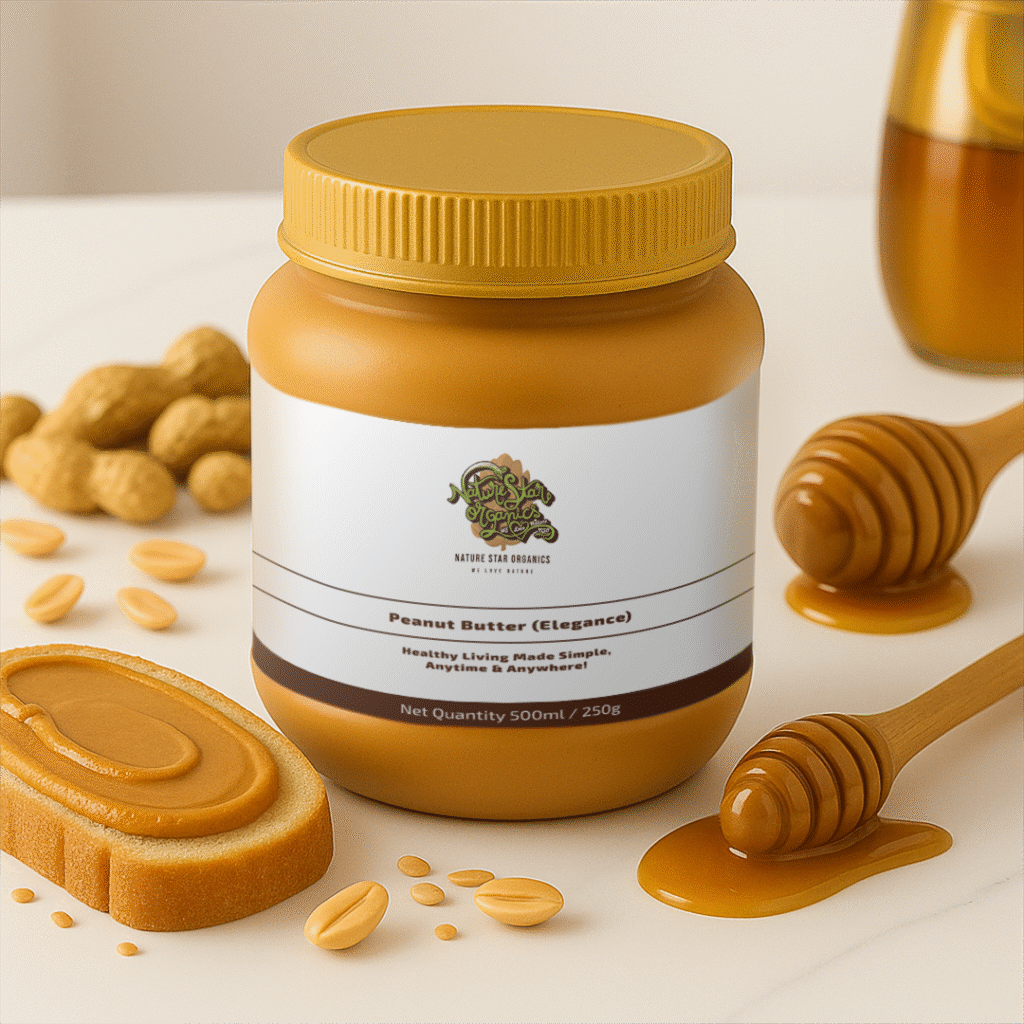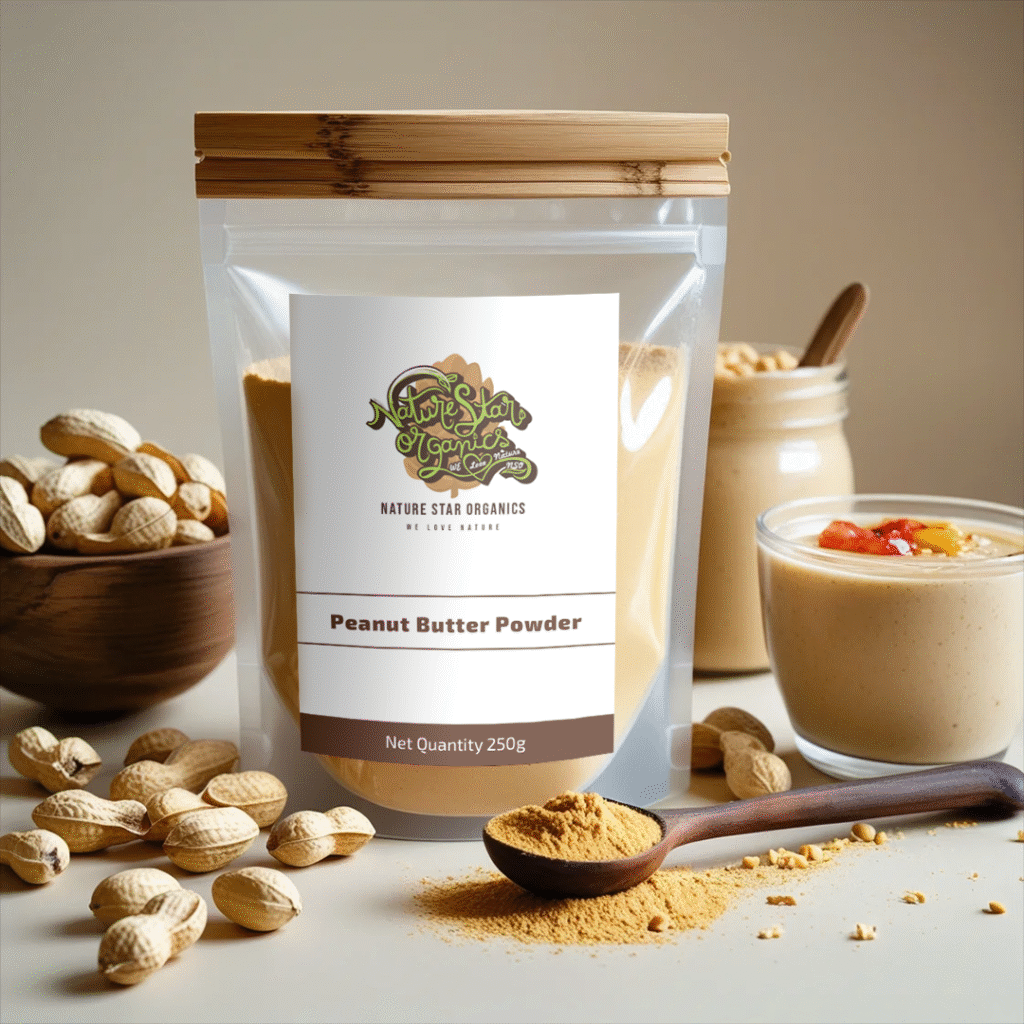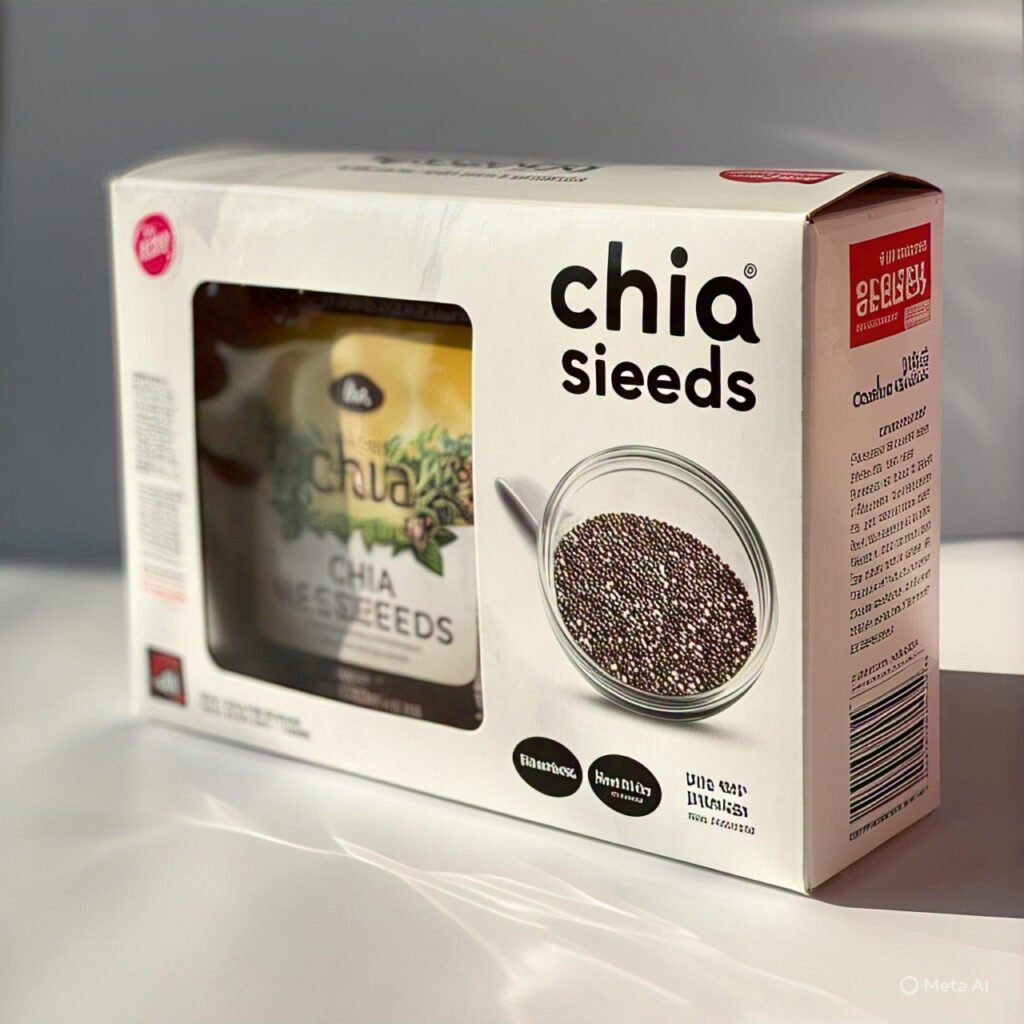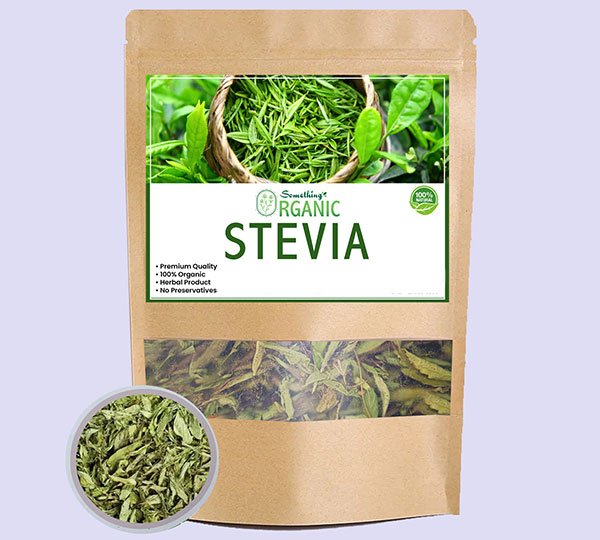Preventive Healthcare Starts in Your Kitchen
Fuel Your Body the Right Way
In today’s fast-paced world, it’s easy to overlook the foundation of good health: what we eat. The rise of chronic diseases like diabetes, heart disease, and obesity has shifted the focus from treatment to prevention. More than ever, we are realizing that preventive healthcare is not just about doctor visits or medications—it’s about what we put into our bodies every single day. And for most people, the kitchen is the first line of defense. By fueling your body with the right foods, you’re not only improving your current well-being but also setting yourself up for a healthier, longer life.
The modern healthcare approach often emphasizes fixing problems after they arise, but preventive healthcare asks us to rethink this model. What if we could reduce the risk of diseases and enhance overall health by simply altering our daily diets? This is the essence of preventive healthcare: focusing on nutrition, lifestyle choices, and the proactive steps you take now to avoid health issues down the line. In this blog post, we will explore the power of preventive healthcare through food and share why your kitchen may just be the most important place for staying healthy.
The Growing Importance of Preventive Healthcare
Preventive healthcare is an approach aimed at avoiding disease or injury before it occurs. It includes practices like immunizations, screenings, and regular check-ups, but one of the most significant aspects often gets overlooked: nutrition. The food we eat influences almost every aspect of our health. By making the right food choices, we can prevent chronic illnesses, manage weight, and even reverse some of the damage caused by poor eating habits.
In recent years, there has been a growing shift toward a preventive healthcare approach. As the prevalence of lifestyle-related diseases rises, individuals are starting to take their health into their own hands. This change in mindset places a strong emphasis on food choices as a powerful tool for disease prevention. The right ingredients in your diet can strengthen your immune system, reduce inflammation, balance hormones, and improve your overall quality of life.
The Role of Nutrition in Preventive Healthcare
A balanced, nutritious diet is one of the most effective ways to practice preventive healthcare. The foods we eat provide our bodies with the essential nutrients, vitamins, and minerals needed for optimal functioning. A nutrient-dense diet helps maintain healthy organs, boosts energy levels, and protects against the development of chronic diseases.
The key to preventive healthcare lies in a variety of foods that work synergistically to prevent deficiencies and provide long-term health benefits. Fresh fruits and vegetables, whole grains, lean proteins, and healthy fats are staples in a preventive diet. These foods are packed with antioxidants, fiber, and essential nutrients that help to keep diseases at bay.
Grasping the Effects of Processed Foods on Your Health
While eating nutrient-rich foods can protect your health, consuming processed foods regularly can have the opposite effect. Processed foods are often high in refined sugars, unhealthy fats, and artificial additives, which can contribute to inflammation, insulin resistance, and other metabolic disorders. Over time, these factors may increase the risk of conditions like diabetes, heart disease, and even certain types of cancer.
Eating the Right Fats:
One of the most damaging aspects of processed foods is their tendency to disrupt your body’s natural processes. For instance, a diet high in sugar can lead to insulin resistance, a precursor to type 2 diabetes. Similarly, high intake of trans fats found in processed snacks can elevate bad cholesterol levels and increase the risk of cardiovascular diseases. By reducing your consumption of processed foods and opting for whole, natural ingredients, you give your body the fuel it needs to perform at its best while lowering the chances of developing chronic health conditions.
A Vital Part of Preventive Healthcare
When discussing preventive healthcare, it’s important to understand the role of fats in your diet. Not all fats are bad. In fact, healthy fats are an essential part of any balanced diet and contribute significantly to your overall health. Omega-3 fatty acids, found in foods like fatty fish, flaxseeds, and walnuts, are known for their anti-inflammatory properties and ability to support heart health.
In addition to omega-3s, monounsaturated fats from olive oil, avocados, and nuts help reduce bad cholesterol levels, improve brain function, and support cell growth. These healthy fats play a crucial role in preventive healthcare by protecting against heart disease, diabetes, and even promoting better mental health.
The Power of Fiber: A Key Player in Preventive Healthcare
Fiber is another vital component in the realm of preventive healthcare. Most people are familiar with the concept of fiber, but few understand just how powerful it can be when it comes to maintaining optimal health. A high-fiber diet has been shown to lower the risk of heart disease, reduce cholesterol levels, and even improve gut health.
Fiber-rich foods, such as whole grains, beans, legumes, and vegetables, work to keep the digestive system running smoothly by promoting healthy bowel movements and preventing constipation. Additionally, fiber helps regulate blood sugar levels, which can be especially beneficial for those at risk of developing diabetes. Consuming adequate amounts of fiber can also help manage weight by promoting feelings of fullness and preventing overeating.
How Antioxidants Contribute to Preventive Healthcare
Antioxidants are compounds that protect your body from oxidative stress, which can damage cells and contribute to the development of chronic diseases. Foods like berries, leafy greens, nuts, and dark chocolate are rich in antioxidants that help neutralize free radicals in the body, reducing the risk of aging, inflammation, and disease.
In the context of preventive healthcare, antioxidants act as the body’s natural defense system. They not only help reduce inflammation and oxidative damage but also support the immune system, making it easier to ward off illnesses. By including antioxidant-rich foods in your diet, you’re actively participating in disease prevention and promoting long-term health.
Preventive Healthcare and Mental Wellness
It’s not just physical health that benefits from a well-balanced diet—it also plays a significant role in mental wellness. A healthy diet can improve mood, increase energy, reduce stress, and promote mental clarity. Nutrient-rich foods help regulate brain chemistry, which in turn can reduce the risk of mental health disorders such as depression and anxiety.
For example, omega-3 fatty acids and B vitamins, found in foods like salmon and leafy greens, are essential for brain function and emotional balance. Meanwhile, magnesium-rich foods, such as spinach and almonds, can help reduce symptoms of stress and anxiety. A nutrient-dense diet also supports the gut-brain connection, ensuring that your digestive system is working efficiently, which is closely tied to mental health.
The Benefits of a Plant-Based Diet for Preventive Healthcare
A growing body of evidence suggests that plant-based diets—rich in fruits, vegetables, legumes, and whole grains—offer profound benefits for preventive healthcare. Research has shown that plant-based diets can lower the risk of chronic diseases such as heart disease, diabetes, and even certain cancers.
The abundance of vitamins, minerals, and fiber in plant foods is not only beneficial for physical health but also promotes better mental health. By adopting a plant-based approach to eating, you’re reducing your intake of saturated fats, cholesterol, and processed foods while increasing the intake of health-promoting nutrients. Plant-based foods also have anti-inflammatory properties, which can help mitigate the effects of conditions like arthritis and digestive issues.
How to Incorporate Preventive Healthcare Into Your Kitchen
Making the shift to preventive healthcare through diet doesn’t require drastic changes—it’s about making informed choices every day. Start by replacing processed snacks with whole foods, such as fresh fruit, vegetables, and whole grains. Incorporate healthy fats from nuts, seeds, and avocados while cutting back on trans fats and refined sugars.
Meal prepping can help ensure that you always have healthy options available. By organizing your kitchen with nutritious staples, you’ll be less likely to reach for convenience foods that are full of preservatives and artificial ingredients. Simple swaps, like choosing organic produce and lean proteins, can make a significant impact on your overall health.
Conclusion: Preventive Healthcare Starts at Home
Incorporating preventive healthcare into your life starts with one of the most accessible tools available to you: your kitchen. The food you eat directly influences your long-term health, providing the building blocks for a disease-free life. By fueling your body with wholesome, nutrient-dense foods, you’re laying the groundwork for a vibrant, healthy future. It’s time to rethink your relationship with food and recognize the incredible impact it can have on your health. In the pursuit of wellness, prevention truly starts in your kitchen.








